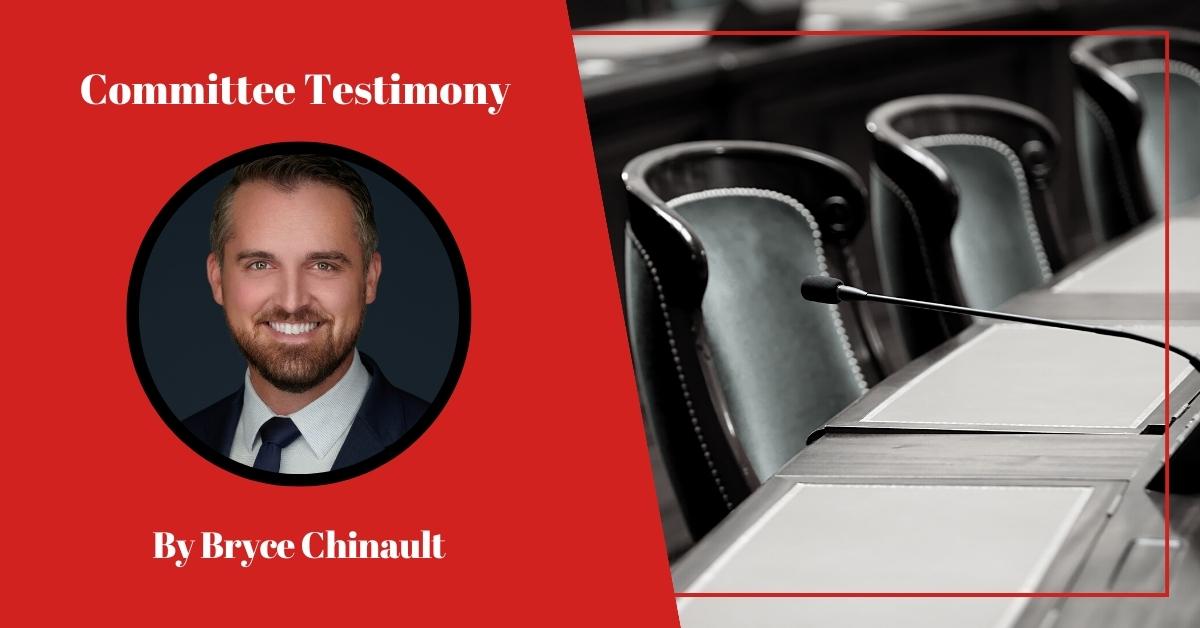What do taxpayers get in return for this investment? According to study, after study, after study, after study: not much.[3],[4],[5],[6] One of the studies by Michael Thom at USC Sol Price School of Public Policy found that “On average, the only benefits were short-term wage gains, mostly to people who already work in the industry. Job growth was almost non-existent. Market share and industry output didn’t budge.”[7]
There is, however, another potential tax credit in a proposed bill before the Finance, Revenue and Bonding Committee that would help children from low-income households thrive in Connecticut’s K-12 classrooms. HB 5424: An Act Establishing a Tax Credit for Educational Access and Opportunity Scholarship Donations could help make a real difference in the lives of children today and help Connecticut’s economy grow for decades into the future. The tax credit, essentially, would incentivize individuals and organizations to make donations to scholarship granting organizations in Connecticut that exist to connect those resources with low-income families seeking educational opportunities for their children in K-12 schools. Tax credits like this currently exist in 21 states[8] across the country, including New Hampshire, Rhode Island, Pennsylvania, Illinois, Ohio, and Virginia. Scholarship granting organizations in these states have awarded billions[9] of dollars in scholarships to hundreds of thousands of grateful families. Attached is a document that helps further explain how the tax credits could work in Connecticut. According to the CEO of the Connecticut Center for Educational Excellence, who testified in support of HB 5424, she has already received over 600 requests for scholarships from families in over 70 cities in Connecticut since opening the center a mere month ago. Here is a short list of inspirational quotes from students who have already benefitted from the currently limited availability of these types of K-12 scholarships in Connecticut:-
-
- “The desire to work hard and always “do my best” – Someday, I will be a nurse.”
- “My scholarship has helped me understand that someday I can be a lawyer to help other parents and kids – just like me.”
- “We got to go to school all through the pandemic. Someday, I am going to teach students just like my favorite teachers.”
- “I will be a doctor some day because I want to help people, the way I have been helped.”
- “I now understand how hard my mom works to help me attend my private school – this makes me work even harder, and I will attend college someday.”
- “We love going to school and have asked our dad if we can stay for after-school programs just to be with our teachers and friends a little longer.”
- “Every day, I learned more English, and I taught my family what I learned. I just graduated 8th grade and am already thinking of college and becoming a teacher”.
- “My mom and dad could not get help for me – I could not understand how to learn reading, writing or math and could not pass the tests for my grade. Some wonderful people said they would help get a scholarship to help my parents and get a school to help me learn – no matter what. My parents thought we did not qualify for help. I am now in my grade – thanks to wonderful teachers and a principal who takes time every day to help me. They showed me what it means to know God loves even a kid who was not passing. I am doing great – I am even helping my friends at school and learning to play the piano. I am going to college someday. With God, all things are possible.”
-

